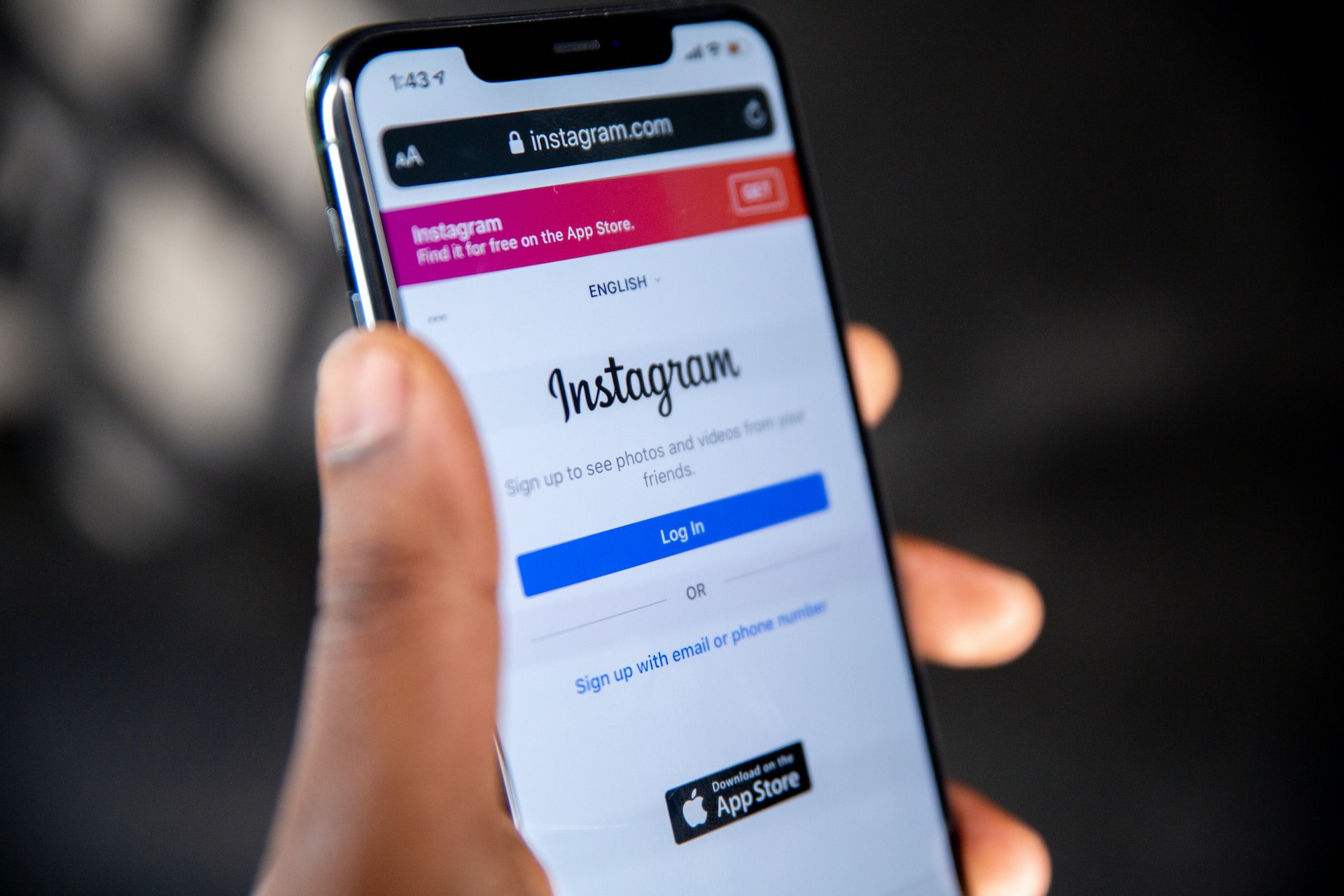Boost Your Business with Omnichannel KPIs: A Complete Guide
Digital Consultant
Sep 3, 2023 · 8 min read


In today's fast-paced digital world, businesses need to measure and analyze their performance across multiple channels to ensure a seamless and consistent customer experience.
In this article, we will explore the key performance indicators (KPIs) that can help businesses track their omnichannel strategies and drive success.
Track customer interactions across multiple channels: Monitor customer interactions and engagements across various channels, including website chats, social media, email, and phone calls.
Analyze customer journey touchpoints: Gain insights into the customer journey by analyzing touchpoints across different channels to understand how customers move from one channel to another.
Measure response and resolution times: Monitor the time it takes for your team to respond to customer queries and resolve their issues across all channels to ensure timely and efficient customer service.
Assess customer satisfaction levels: Use surveys, feedback forms, and customer reviews to gauge customer satisfaction levels across different channels and identify areas for improvement.
Monitor channel-specific metrics: Measure channel-specific metrics such as website conversion rates, social media engagement, email open rates, and call duration to evaluate the effectiveness of each channel in driving customer engagement and conversions.
Omnichannel KPIs, or Key Performance Indicators, are essential for businesses that operate across multiple channels.
These metrics allow companies to measure and track their performance across various platforms, including websites, mobile apps, social media, and more.
By monitoring these KPIs, businesses can gain valuable insights into customer behavior and preferences, enabling them to make data-driven decisions and improve their overall customer experience.
Measuring success across multiple channels is crucial because customers today expect a seamless and consistent experience regardless of the channel they use to engage with a brand.
Omnichannel KPIs provide a holistic view of customer interactions, allowing businesses to understand how well they are meeting customer expectations across different touchpoints.
This comprehensive approach helps identify areas for improvement and ensures that no channel is neglected or underperforming.
Implementing omnichannel KPIs can significantly boost business growth.
By analyzing these metrics, companies can identify patterns and trends in customer behavior, allowing them to optimize their marketing strategies and allocate resources effectively.
For instance, if a particular channel consistently drives high conversion rates, businesses can focus their efforts and investments on maximizing its potential.
Additionally, by monitoring key performance indicators, businesses can quickly identify and address any issues or bottlenecks in the customer journey, ultimately enhancing customer satisfaction and loyalty.
Using omnichannel KPIs for customer chat interactions offers numerous benefits.
Firstly, it allows businesses to track and measure the effectiveness of their chat support across various channels.
This data can help optimize response times, resolution rates, and overall customer satisfaction.
Secondly, analyzing chat KPIs can provide insights into customer preferences and pain points, helping businesses tailor their chat interactions to meet specific needs.
Finally, by monitoring omnichannel KPIs, businesses can identify opportunities for personalized engagement and proactive support, ultimately fostering stronger customer relationships and driving long-term success.
In conclusion, omnichannel KPIs play a crucial role in today's customer-centric landscape.
By measuring success across multiple channels, businesses can gain valuable insights, boost growth, and improve customer chat interactions.
Implementing these metrics enables companies to stay ahead of the competition and deliver exceptional experiences that meet and exceed customer expectations.
To learn more about omnichannel strategies and KPIs, check out resources like Wikipedia's page on Omnichannel Retail and HubSpot's guide on customer experience metrics.
When it comes to monitoring the success of your omnichannel strategy, tracking the right key performance indicators (KPIs) is essential.
These KPIs provide valuable insights into customer engagement and satisfaction across multiple channels.
One important set of KPIs to consider is those that measure customer engagement, such as website traffic, social media interactions, and email open rates.
By monitoring these metrics, you can gain a better understanding of how effectively you are reaching and connecting with your customers.
Additionally, metrics for measuring customer satisfaction across channels, such as Net Promoter Score (NPS) or customer feedback surveys, can help you gauge how well your omnichannel approach is meeting customer expectations and delivering a positive experience.
Another crucial aspect to track in an omnichannel environment is conversion rates and sales attribution.
By measuring the number of conversions and attributing them to specific channels or touchpoints, you can identify which channels are most effective in driving sales and optimizing your marketing efforts.
Implementing omnichannel KPIs in your chat strategy requires careful planning and thoughtful consideration of your business objectives.
To set yourself up for success, start by following these tips for setting SMART goals for your omnichannel KPIs.
Specific: Clearly define what you want to achieve with your chat strategy.
Measurable: Identify metrics that can be quantified to track your progress.
Attainable: Set realistic goals that align with your resources and capabilities.
Relevant: Ensure your goals are directly tied to your business objectives.
Time-bound: Set deadlines to create a sense of urgency and accountability.
Once you have established your goals, it's time to choose the right KPIs that will help you measure your progress.
Consider factors such as customer satisfaction, response time, resolution rate, and customer retention.
Finally, it's important to have strategies in place for analyzing and interpreting your omnichannel KPI data.
Use tools and techniques to identify trends, patterns, and areas for improvement.
By continuously monitoring and analyzing your data, you can make data-driven decisions that will enhance your chat strategy.
In order to optimize omnichannel performance, it is crucial to follow best practices that ensure consistent and personalized experiences across channels such as WhatsApp, Instagram, and Facebook Messenger.
This involves tailoring content and messaging to each specific channel, while maintaining a cohesive brand identity.
Additionally, leveraging customer feedback is key to understanding their preferences and pain points, allowing for continuous improvement of omnichannel interactions.
By actively listening to customer feedback, businesses can make informed decisions and implement changes that enhance the overall customer experience.
Continuous monitoring and optimization of key performance indicators (KPIs) is also essential for achieving better results.
This involves tracking metrics such as customer satisfaction, conversion rates, and response times to identify areas for improvement and make data-driven decisions.
By breaking down silos and fostering cross-functional collaboration, businesses can ensure that all teams are working towards the same goals and delivering a seamless omnichannel experience.
Wikipedia provides further insights on omnichannel strategies.
When it comes to tracking omnichannel KPIs, there are a variety of tools and technologies available that can help businesses gain valuable insights into their performance.
Popular analytics tools such as Google Analytics, Adobe Analytics, and Mixpanel allow businesses to monitor and analyze data from multiple channels in one place, providing a comprehensive view of their omnichannel efforts.
Additionally, Customer Relationship Management (CRM) solutions like Salesforce and HubSpot enable businesses to track customer interactions and gather data from various touchpoints, helping them understand customer behavior and optimize their omnichannel strategies.
Lastly, a chatbot that offers customer chat on 50+ channels is a must have to deliver omnichannel.
Omnichannel KPIs, or Key Performance Indicators, refer to the metrics and measurements used to evaluate the success of an omnichannel customer experience strategy.
These KPIs help businesses track and assess their performance across multiple channels, such as websites, mobile apps, social media platforms, and more.
By monitoring these KPIs, companies can gain valuable insights into their customers' journey and make data-driven decisions to improve their overall omnichannel experience.
Omnichannel KPIs are essential because they provide businesses with a clear understanding of how well their omnichannel strategy is performing.
By tracking these metrics, companies can identify areas of improvement, measure the impact of their efforts, and ensure that they are meeting their customers' expectations across all channels.
These KPIs help businesses stay competitive in today's digital landscape by enabling them to optimize their omnichannel customer experience and drive customer satisfaction and loyalty.
There are several key Omnichannel KPIs that businesses should consider tracking.
These include:
Conversion Rate: This metric measures the percentage of visitors who complete a desired action, such as making a purchase or filling out a form.
Tracking conversion rates across different channels can help identify which channels are most effective in driving conversions..
Customer Satisfaction: Measuring customer satisfaction through surveys or feedback ratings allows businesses to gauge how well their omnichannel strategy is meeting customer expectations.
Positive customer satisfaction scores indicate a successful omnichannel experience.
Average Response Time: This KPI measures the time it takes for a business to respond to customer inquiries or messages across various channels.
A lower average response time indicates better customer service and engagement.
Channel Performance: Tracking the performance of each individual channel, such as website traffic, app downloads, or social media engagement, helps identify which channels are performing well and which ones may need improvement.
Improving Omnichannel KPIs requires a strategic approach.
Here are a few tips for businesses to enhance their performance:
Seamless Integration: Ensure all channels are seamlessly integrated, allowing customers to transition effortlessly between platforms without losing any information or experiencing disruptions.
Personalization: Tailor the customer experience based on their preferences and behaviors across different channels.
Personalized content and recommendations can significantly improve customer engagement and satisfaction.
This information can help optimize the omnichannel strategy and identify areas for improvement.
By focusing on these strategies, businesses can drive improvements in their Omnichannel KPIs and deliver a seamless and satisfying customer experience across all channels.
In conclusion, monitoring and tracking omnichannel KPIs is crucial for businesses using Boei to enable customer chat on multiple channels.
By analyzing these metrics, companies can gain valuable insights into the effectiveness of their customer communication strategies and make data-driven decisions to improve customer satisfaction and engagement.
With Boei's user-friendly widget and comprehensive reporting features, businesses can easily measure and optimize their omnichannel performance to drive growth and success.

Article by
Ruben is the founder of Boei, with 12+ years of experience in conversion optimization. Former IT consultant at Ernst & Young and Accenture, where he helped product teams at Shell, ING, Rabobank, Aegon, NN, and AirFrance/KLM optimize their digital experiences. Now building tools to help businesses convert more website visitors into customers.
Get 30% more conversations and effortlessly convert them into customers.
Don't wait, experience it for free yourself!
URL
Trusted by 10,000+ businesses
Quick 5-min, no code setup

Discover effective lead capture strategies tailored for small and medium-sized businesses. Learn how to overcome common challenges in lead generation with actionable tips and industry insights to boost your conversion rates.

Compare chatbot pricing across 10+ platforms in 2026. From free tools to enterprise solutions, see real costs for Tidio, Intercom, Crisp, Drift, Zendesk & more. Includes pricing by business size, hidden costs, and ROI calculations.

Discover how to leverage Instagram business chat and effectively message customers on this popular social media platform.